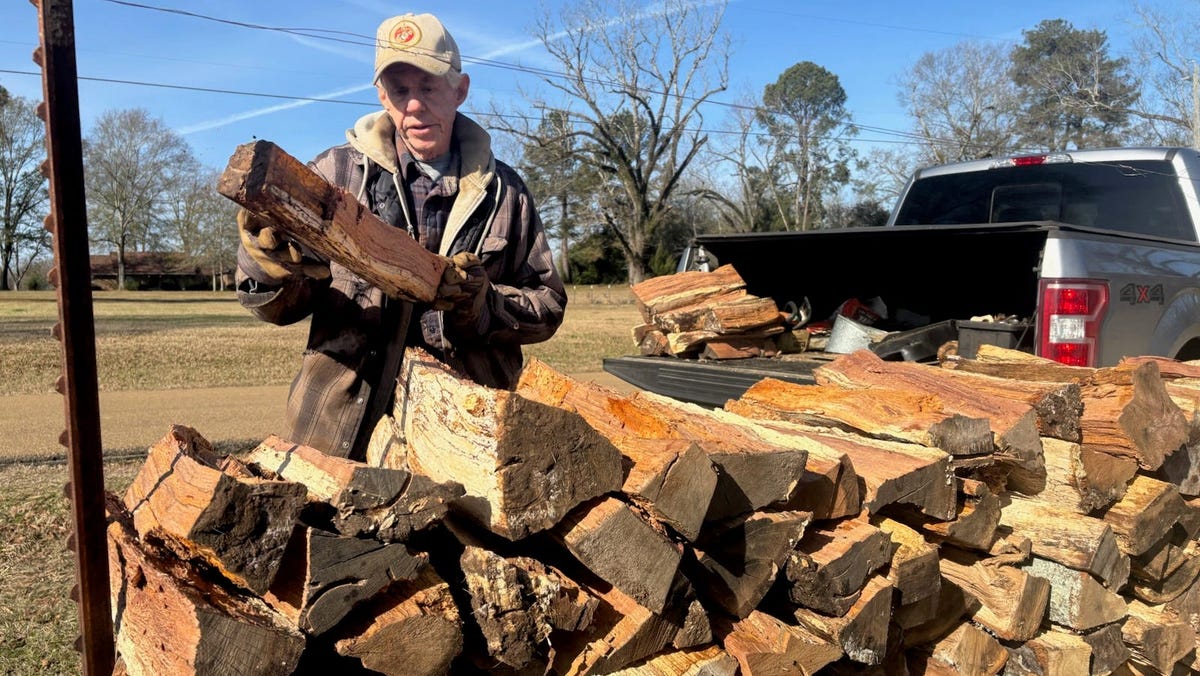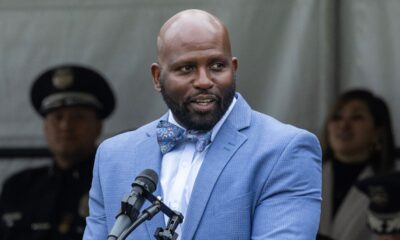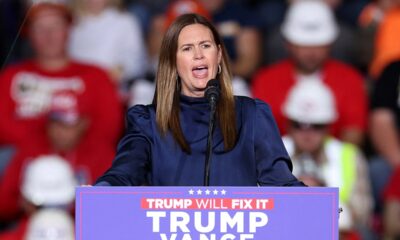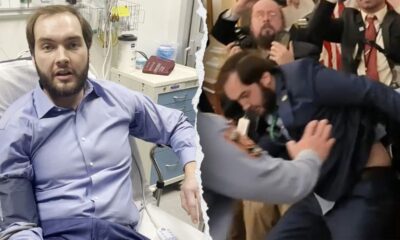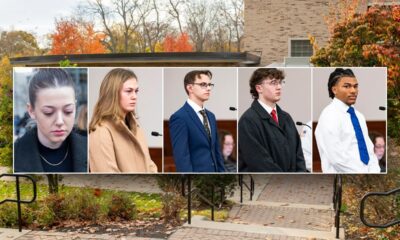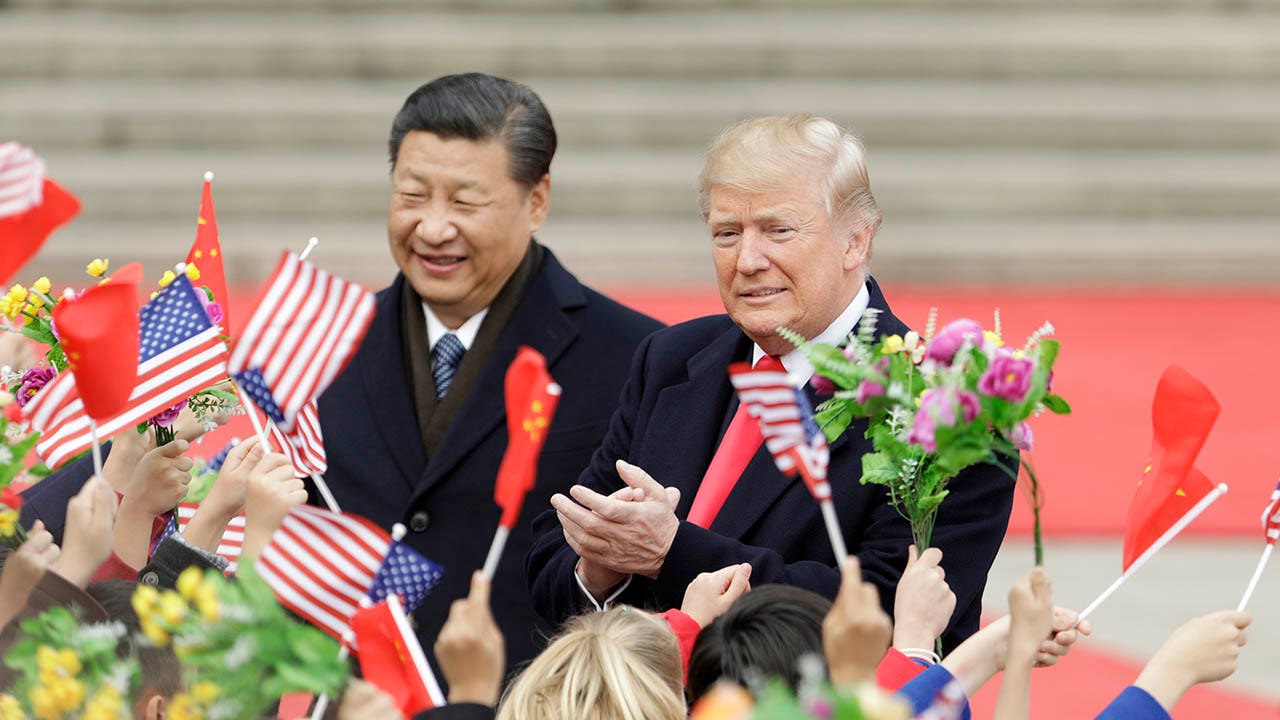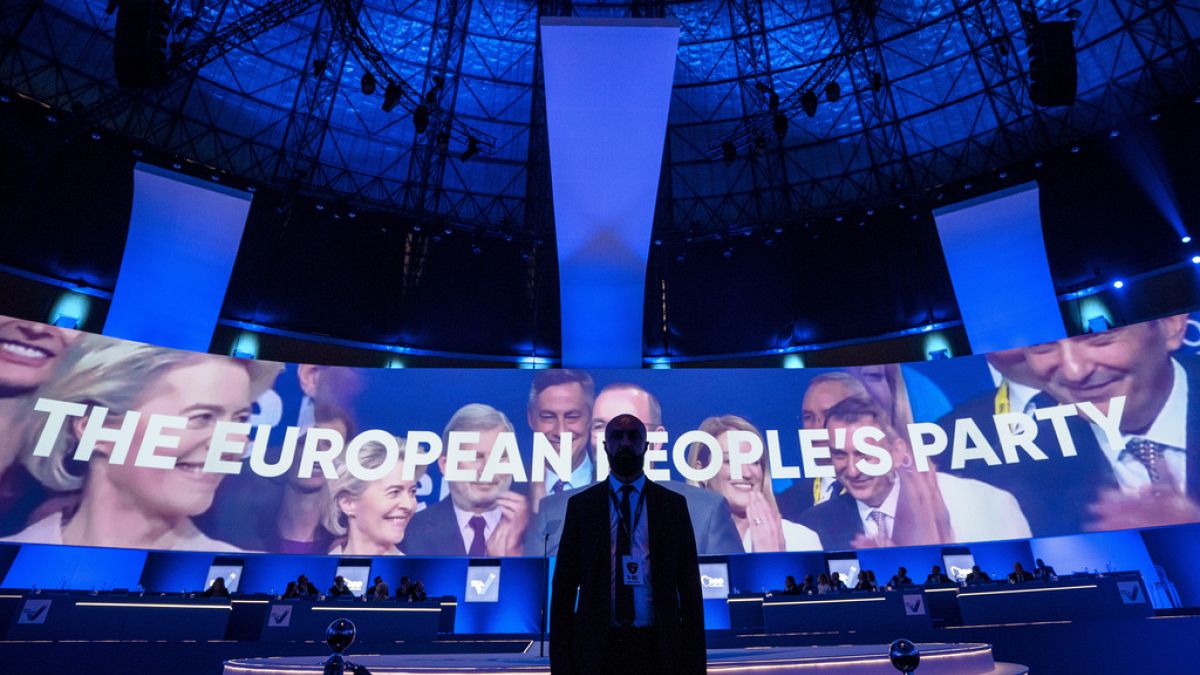Health
The ‘Charlie’s Angels’ Cast Is Unrecognizable Today
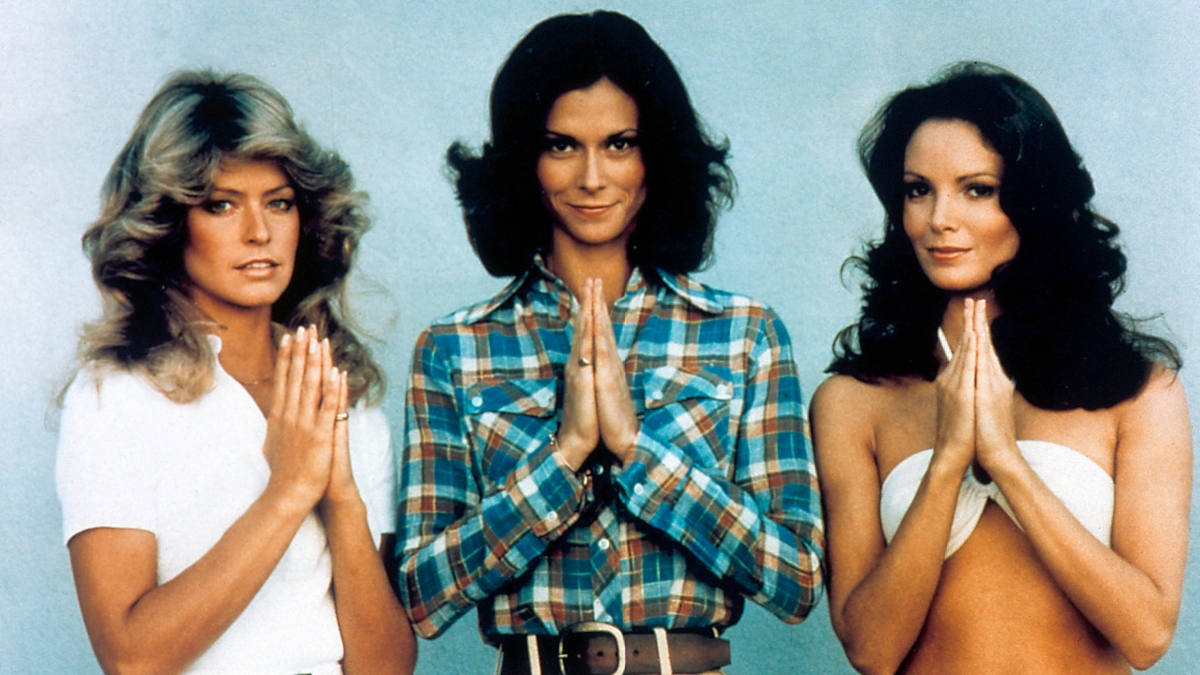
“Once upon a time, there were three little girls who went to the police academy. And they were each assigned very hazardous duties but I took them all away from all that and now they work for me. My name is Charlie.”
Those famous words were heard every week from 1976 to 1981 during Charlie’s Angels opening credits. As each of the iconic characters flashed on screen flaunting perfectly feathered hair, audiences couldn’t wait to see the gorgeous agents kick some proverbial “rear end.”
With it’s mixture of humor, action and strong women, it’s no surprise that the show is still a cult classic today — even inspiring three Hollywood adaptations in 2000, 2003 and 2019. But the original Charlie’s Angels cast of iconic crime-fighting ladies still leaves a lasting impression on audiences.
Here, take a walk down memory lane and see how the talented Charlie’s Angels cast used strength, intelligence and style to shattered stereotypes, leaving a lasting legacy of girl power.
Who was cast in the first season of Charlie’s Angels?
Season one of Charlie’s Angels cast Farah Fawcett, Jaclyn Smith and Kate Jackson in the lead roles. The beauties played a trio of police academy graduates — Sabrina Duncan (Jackson), Jill Munroe (Fawcett), and Kelly Garrett (Smith) — who were forced to do menial police tasks. Frustrated and unhappy, the women joined the Charles Townsend Agency and became private investigators for the man behind the namesake company.
While you never actually saw Charles Townsend’s face on the show, renowned actor John Forsythe lent his voice to the memorable part. John Bosley (played by David Doyle), Townsend’s associate, sent the Angels on their assignments after Townsend’s voice relayed the case over speakerphone.
Looking back at the strong message that the Charlie’s Angels sent to viewers — that women can be both powerful and beautiful — it’s not surprising how popular the beloved show would become throughout the years.
What other actresses joined the Charlie’s Angels cast?
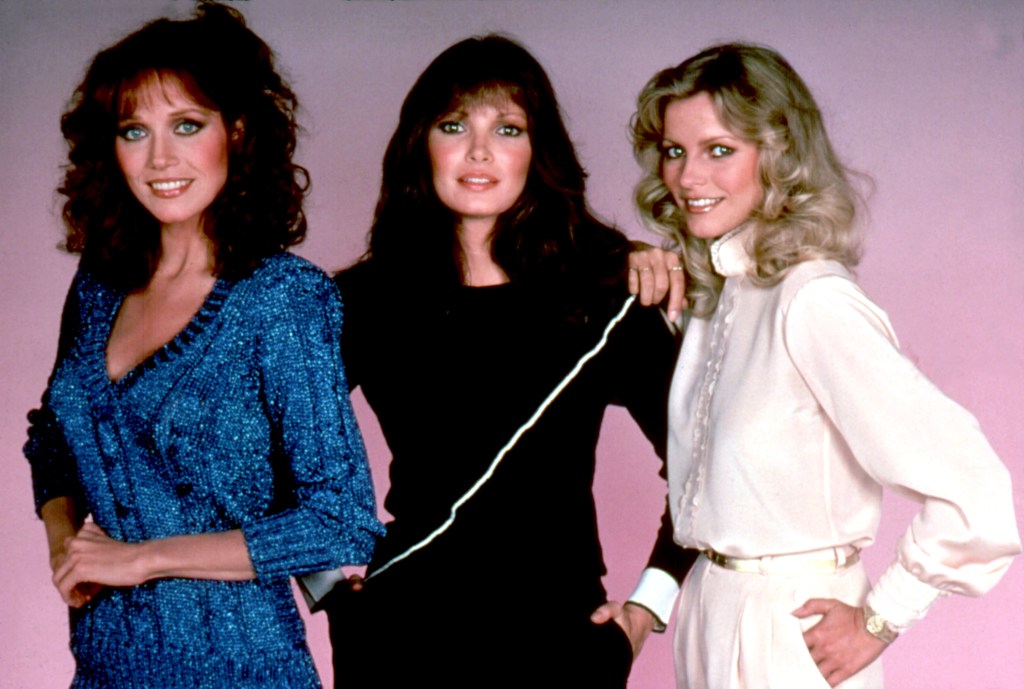
While Fawcett, Smith and Jackson were in the groundbreaking first season, a host of other talented actresses joined the set during the show’s five-year run. In fact, Faucet only acted in the first season and was replaced by Cheryl Ladd, who played her younger sister. Shelley Hack joined in the fourth season and Tanya Roberts made her debut in the fifth and final season.
Where’s the Charlie’s Angels cast now?
It’s hard to believe that it’s been a whopping 42 years since the show ended. Some of the Charlie’s Angels cast have sadly passed away, some are totally unrecognizable now, while others haven’t changed a bit.
Keep scrolling to catch up with Charlie’s Angels cast today.
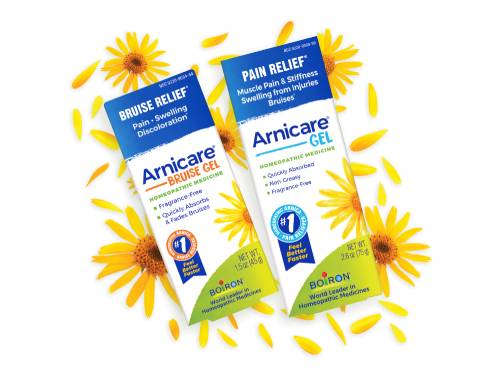
ARNICARE FOR PAIN AND BRUISES!
Powered by Arnica montana, Arnicare® is designed to treat muscle pain, swelling, and discoloration from bruising. The unscented gel cools on contact and absorbs quickly into your skin, leaving no sticky or greasy residue, and provides you with the relief you seek. Learn more at Arnicare.com.

Health
Semaglutide Pills and Injections Vs. Drops: Experts Weigh In | Woman's World

Sign Up
Create a free account to access exclusive content, play games, solve puzzles, test your pop-culture knowledge and receive special offers.
Already have an account? Login
Use left and right arrow keys to navigate between menu items.
Use escape to exit the menu.
Health
Jennifer Hudson Lost 80-Lbs Without Depriving Herself—Learn Her Secrets

Sign Up
Create a free account to access exclusive content, play games, solve puzzles, test your pop-culture knowledge and receive special offers.
Already have an account? Login
Use left and right arrow keys to navigate between menu items.
Use escape to exit the menu.
Health
Kennedy’s Plan for the Drug Crisis: A Network of ‘Healing Farms’

Though Mr. Kennedy’s embrace of recovery farms may be novel, the concept stretches back almost a century. In 1935, the government opened the United States Narcotic Farm in Lexington, Ky., to research and treat addiction. Over the years, residents included Chet Baker and William S. Burroughs (who portrayed the institution in his novel, “Junkie: Confessions of an Unredeemed Drug Addict”). The program had high relapse rates and was tainted by drug experiments on human subjects. By 1975, as local treatment centers began to proliferate around the country, the program closed.
In America, therapeutic communities for addiction treatment became popular in the 1960s and ’70s. Some, like Synanon, became notorious for cultlike, abusive environments. There are now perhaps 3,000 worldwide, researchers estimate, including one that Mr. Kennedy has also praised — San Patrignano, an Italian program whose centerpiece is a highly regarded bakery, staffed by residents.
“If we do go down the road of large government-funded therapeutic communities, I’d want to see some oversight to ensure they live up to modern standards,” said Dr. Sabet, who is now president of the Foundation for Drug Policy Solutions. “We should get rid of the false dichotomy, too, between these approaches and medications, since we know they can work together for some people.”
Should Mr. Kennedy be confirmed, his authority to establish healing farms would be uncertain. Building federal treatment farms in “depressed rural areas,” as he said in his documentary, presumably on public land, would hit political and legal roadblocks. Fully legalizing and taxing cannabis to pay for the farms would require congressional action.
In the concluding moments of the documentary, Mr. Kennedy invoked Carl Jung, the Swiss psychiatrist whose views on spirituality influenced Alcoholics Anonymous. Dr. Jung, he said, felt that “people who believed in God got better faster and that their recovery was more durable and enduring than people who didn’t.”
-
/cdn.vox-cdn.com/uploads/chorus_asset/file/25822586/STK169_ZUCKERBERG_MAGA_STKS491_CVIRGINIA_A.jpg)
/cdn.vox-cdn.com/uploads/chorus_asset/file/25822586/STK169_ZUCKERBERG_MAGA_STKS491_CVIRGINIA_A.jpg) Technology1 week ago
Technology1 week agoMeta is highlighting a splintering global approach to online speech
-

 Science1 week ago
Science1 week agoMetro will offer free rides in L.A. through Sunday due to fires
-
/cdn.vox-cdn.com/uploads/chorus_asset/file/23935558/acastro_STK103__01.jpg)
/cdn.vox-cdn.com/uploads/chorus_asset/file/23935558/acastro_STK103__01.jpg) Technology1 week ago
Technology1 week agoAmazon Prime will shut down its clothing try-on program
-

 News1 week ago
News1 week agoMapping the Damage From the Palisades Fire
-
/cdn.vox-cdn.com/uploads/chorus_asset/file/25826211/lorealcellbioprint.jpg)
/cdn.vox-cdn.com/uploads/chorus_asset/file/25826211/lorealcellbioprint.jpg) Technology7 days ago
Technology7 days agoL’Oréal’s new skincare gadget told me I should try retinol
-
/cdn.vox-cdn.com/uploads/chorus_asset/file/25832751/2192581677.jpg)
/cdn.vox-cdn.com/uploads/chorus_asset/file/25832751/2192581677.jpg) Technology4 days ago
Technology4 days agoSuper Bowl LIX will stream for free on Tubi
-

 Business5 days ago
Business5 days agoWhy TikTok Users Are Downloading ‘Red Note,’ the Chinese App
-
/cdn.vox-cdn.com/uploads/chorus_asset/file/25835602/Switch_DonkeyKongCountryReturnsHD_scrn_19.png)
/cdn.vox-cdn.com/uploads/chorus_asset/file/25835602/Switch_DonkeyKongCountryReturnsHD_scrn_19.png) Technology2 days ago
Technology2 days agoNintendo omits original Donkey Kong Country Returns team from the remaster’s credits
